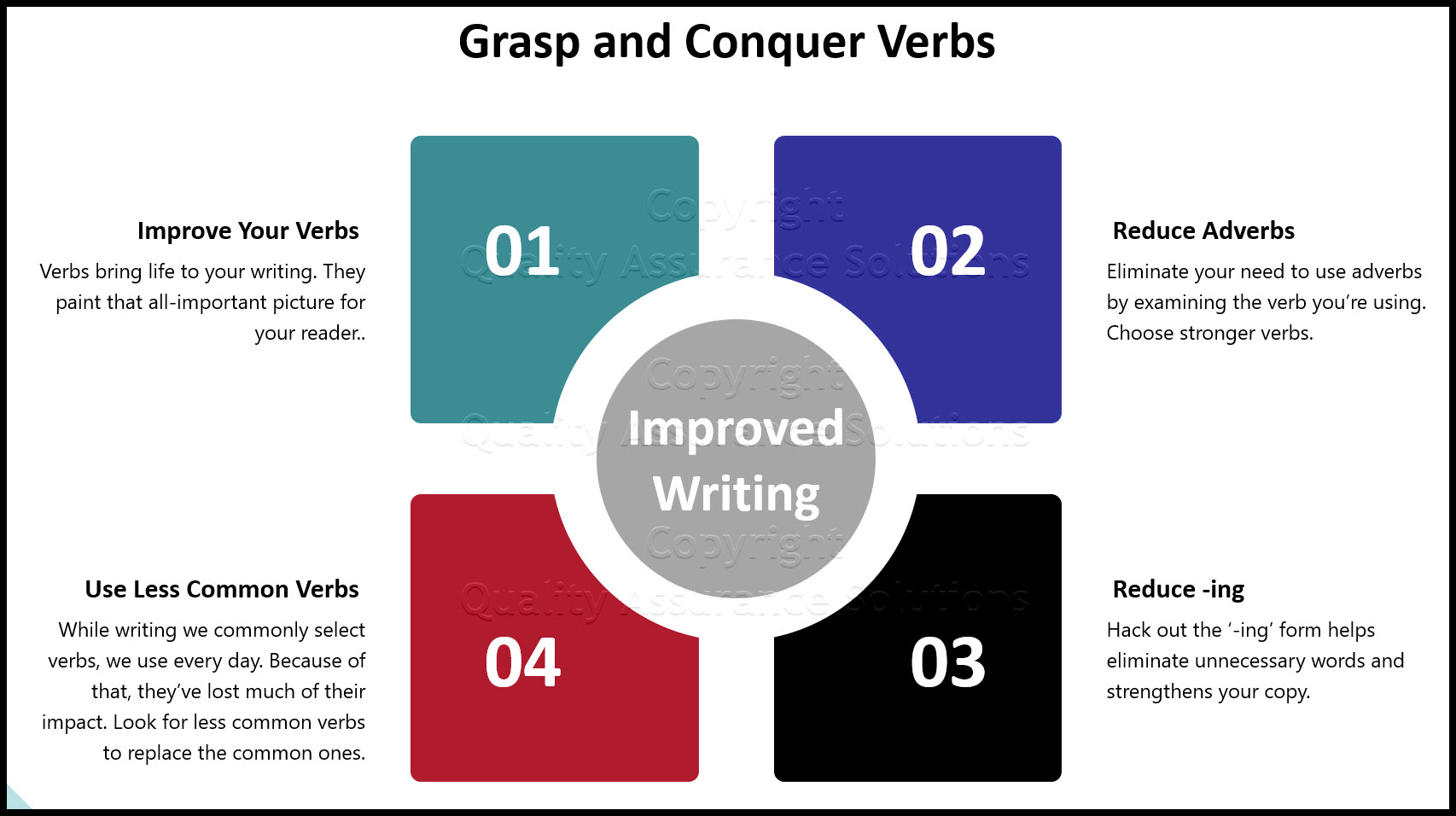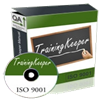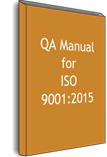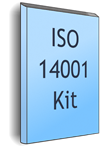Writing Tips and Suggestions
Writing tips and suggestions Quick survey:
Which sentence in each pair gives you a clearer picture of what’s happening?
- He ran hurriedly from the table.
- He bolted from the table.
- Natural pain relievers move more quickly through your bloodstream than synthetic ones.
- Natural pain relievers surge through your bloodstream faster than synthetic ones.
- The marauding gang overtook the defenders.
- The marauding gang overwhelmed the defenders.
Not much doubt, is there? The second sentences are more visual than the first. You can picture what’s happening easier because of one small part of the better sentences.
TrainingKeeper Software. Keep, organize and plan all your employees' training and activities. Software includes multi-user support with reports, certs, and calendars.
Writing Tips and Suggestions Weak Verbs
The verb.
Revisiting seventh-grade English: The verb is “a word that expresses action, being, or state of being.” Ho hum. I much prefer Karen Elizabeth Gordon’s description. This author of numerous, entertaining, and offbeat grammar books calls them “the heartbeat of a sentence.”
For writing tips and suggestions recognize that verbs bring life to your writing. They — not adverbs — really paints that all-important picture for your reader.
Reduce Adverbs
The Master of Horror on the horror of weak verbs …
A little bit of English review again. Adverbs are the words we attach to verbs to describe how someone is doing something: Run hurriedly … move quickly … yell loudly.
Adverbs often — but not always — end in “-ly.” (And not all -ly words are adverbs.) We were taught by our teachers to dress up our writing with these words. However, here’s what Stephen King says about them …
“The adverb is not your friend … With adverbs, the writer usually tells us he or she is afraid he/she isn’t expressing himself/herself clearly, that he or she is not getting the point or the picture across.”
Stephen King
On Writing
This Data Analysis Video teaches you the basic tools for understanding, summarizing, and making future predictions with your collected data. Includes MS Excel templates.
It’s natural to use adverbs when you’re writing. For writing tips and suggestions I could imbue all my readers with, it’s this. Do not edit while you write. So if it’s natural for you to use adverbs in your first draft as it is for me, by all means use them. Eliminate them in your rewrites and edits.
However, don’t eliminate them simply by deleting them. Eliminate your need to use them by examining the verb you’re using. Make your verbs strong.
Stephen King’s example: “He closed the door firmly” vs. “He slammed the door.”
You hear “slam” in your mind’s ear. “Close firmly” not as much.
My examples: “He ran hurriedly …” vs. “He bolted …” Bolted conveys not only the image of the man leaving in a hurry, but it also carries a sense of urgency the adverb doesn’t have.
Not All Verbs Are Created Equal …
For more writing tips and suggestions, look at the third example we started with. Neither of those sentences contains an adverb. “Overtook” isn’t bad, but “overwhelmed” is clearly the stronger choice. “Overtook” gives the picture of the gang catching up with the defenders. “Overwhelmed” paints a picture of the gang climbing over the bodies of the defenders.
Here’s the strategy: First, go through your copy and find adverbs. Eliminate them and replace the weak verbs they were bolstering. Then go back over the copy. This time, examine other verbs and replace weak ones with stronger, more active ones.
What is your clue that a verb you’re using might be weak? The first verbs that come to mind while writing are the ones we use every day. Because of that, they’ve lost much of their impact. Look for less common verbs to replace the common ones.
Say “XYZ Corporation will annihilate its competition in the 3rd quarter” rather than “XYZ Corporation will kill its competition in the 3rd quarter.”
8D Manager Software with 8D, 9D, 5Y and 4M report generator. Your corrective action software for managing, measuring, and reporting issues.
Coming to Grips With ‘-ing’ …
I’m guilty of weakening my verbs by using their ‘-ing’ form. Oops, like there. I could have (and should have) said “I use weak verbs when I use the ‘-ing’ form.”
It’s just how I write — the first time through. When you use the ‘-ing’ form, you add length to the verb, which can weaken its impact. And you often need to add more words to the sentence, as you can see in my example. In copywriting, you don’t want to skimp on words, but your every word must be necessary.
For another writing tips and suggestions, hack out the ‘-ing’ form helps eliminate unnecessary words and strengthens your copy.
Should you eradicate all your adverbs? Should you abolish the ‘-ing’ form to your rhetorical wastebasket?
Not at all. Adverbs and the ‘-ing’ form of the verb have their place. The trick is to make sure you use the strongest verbs you can and avoid the ‘-ing’ form of verbs where it counts most.
Where’s that?
In copywriting, it’s where you paint your picture of the reader’s life as the product has changed it. Or where you describe the product’s benefits. Or where you describe what the reader might lose by ignoring the opportunity you’re giving him.
When you need to make the biggest impression, that’s when you wear your fanciest clothing.
Even when you write from one business person to another, remember they are still people and your description of what your offer – service or product – does for them needs to have an impact that persuades them to buy.
Article written by Will Newman.
This article appears courtesy of American Writers & Artists Inc.’s (AWAI) The Golden Thread, a free newsletter that delivers original, no-nonsense advice on the best wealth careers, lifestyle careers and work-at-home careers available. For a complimentary subscription, visit awai
Article edited and posted by Quality Assurance Solutions
- QAS Home
- Copywriting
- Writing Tips and Suggestions
|
Quality Assurance Solutions Robert Broughton (805) 419-3344 USA |
 |
|
Software, Videos, Manuals, On-Line Certifications | ||
|
450+ Editable Slides with support links | ||
|
Corrective Action Software | ||
|
Plan and Track Training | ||
|
AQL Inspection Software |
|
Learn and Train TRIZ | ||
|
Editable Template | ||
|
Templates, Guides, QA Manual, Audit Checklists | ||
|
EMS Manual, Procedures, Forms, Examples, Audits, Videos | ||
|
On-Line Accredited Certifications Six Sigma, Risk Management, SCRUM | ||
|
Software, Videos, Manuals, On-Line Certifications |










































